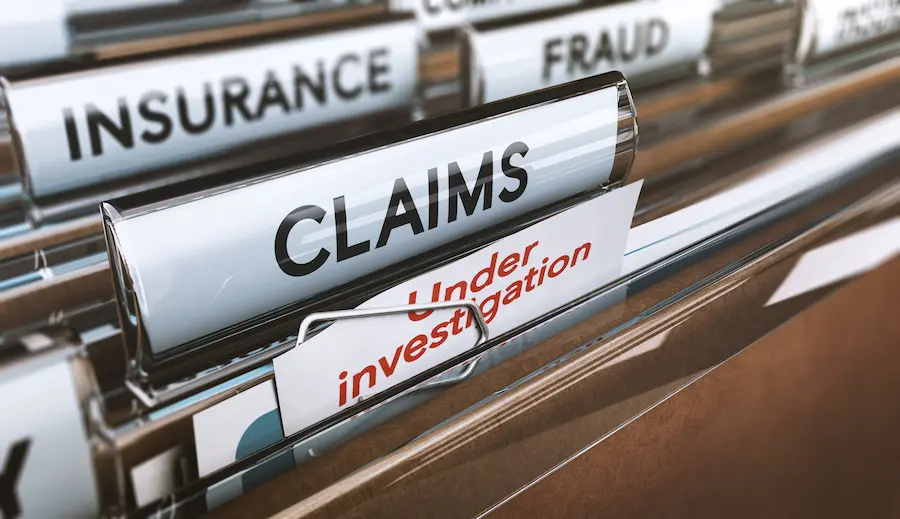Should your home ever be damaged in a natural disaster, you’ll likely want to file a claim with your insurance company. The end goal is to receive compensation for the damage, but of course, the process isn’t guaranteed to be smooth or easy. Houstonians who have filed claims for Hurricane Harvey-related damage know this full well; indeed, many of these homeowners are still waiting for their claims to be processed more than a year after the fact.
As you seek to get your claim resolved, it may be suggested that you hire a public adjuster. Here are some things to consider when hiring a public adjuster.
Insurance Adjusters Vs. Public Adjusters
Let’s start by clarifying the role of the public adjuster. Before an insurance company is going to pay out on your claim, it’s naturally going to want a clear assessment of the damage. To make this assessment, the insurance company will often send out an adjuster—specifically, someone who works for the insurance company.
This insurance adjuster is, quite frankly, not on your side. They work for the insurer, and their job is to save the insurer money—which means downplaying damages and rejecting claims whenever possible.
An alternative is to hire your own adjuster—a public adjuster. The role of the public adjuster is to make their own assessment and then to negotiate better terms with your insurance company. Public adjusters play an especially prominent role in widespread claims, such as those involving natural disasters—including Hurricane Harvey.
Working with a Public Adjuster
Public insurance adjusters should have expertise dealing with disaster-related fields, such as the construction industry, and use specialized software to undergo an independent evaluation of a client’s property loss. Public adjusters should be well versed in submitting initial and supplemental claims and be able to handle this process for you. Experienced public adjusters can also help you negotiate with contractors and for better settlements with your insurer.
Public adjusters typically charge a fee of 10% of the recovery. Sometimes, public adjusters will cap their fees based on their experience in the field or the amount of recovery. In larger claims, this fee can be well worth it, as a good public adjuster may be able to help you get your claim processed much more favorably than if you just depended on the assessment of the insurance adjuster.
With that said, it’s important to realize that not all public adjusters are created equal, and there’s merit to doing your due diligence and ensuring you have a public adjuster who is both qualified and reputable.
A couple of things to look out for:
First, be wary of unlicensed public adjusters. Always ask for their license number and be highly skeptical of an adjuster who seems hesitant to provide you with one. If the person or company you hired to help you doesn’t have a license issued by the state where your property is damaged, the person or company may not be legally authorized to assist you with your claim for a fee.
Moreover, Texas law prohibits public adjusters from (1) participating directly or indirectly in the reconstruction, repair, or restoration of the damaged property of their clients or (2) engage in other activities that may reasonably be construed as a conflict of interest. In other words, the adjuster should be making his or her money based upon your claim, not on the repairs to your home.
Also, beware of the “overnight” shops that pop up right after a hurricane or other natural disaster. Generally, you want to find a public adjuster with real roots in the community and a longer track record of serving clients.
Finally, it is important to ask for referrals. While a good public adjuster can be a great asset in handling your insurance claim, a bad one can make things worse than if you had handled it yourself. A referral from an acquaintance that already worked with an adjuster is best. If that is not an option, ask the public adjuster if you may contact some of their previous clients.
Hiring an Insurance Attorney
Hiring a public adjuster is not your only option for getting a claim resolved, and you may also wish to consider hiring an insurance attorney. Note that public adjusters can’t render legal advice or opinions on coverage, so in the event legal positions are taken by the carrier or you have questions about what the policy covers, you may be better off hiring a lawyer. Also, in larger, more complex claims where legal issues arise, you will want an attorney by your side—someone who can help you navigate those complexities.
McLaurin Law Firm has subject-matter expertise in insurance, and we’ve worked with a number of local home-, business-, and property owners to address their Hurricane Harvey claims. If you still haven’t been compensated for damage to your property, we invite you to call us today and set up a consultation.



